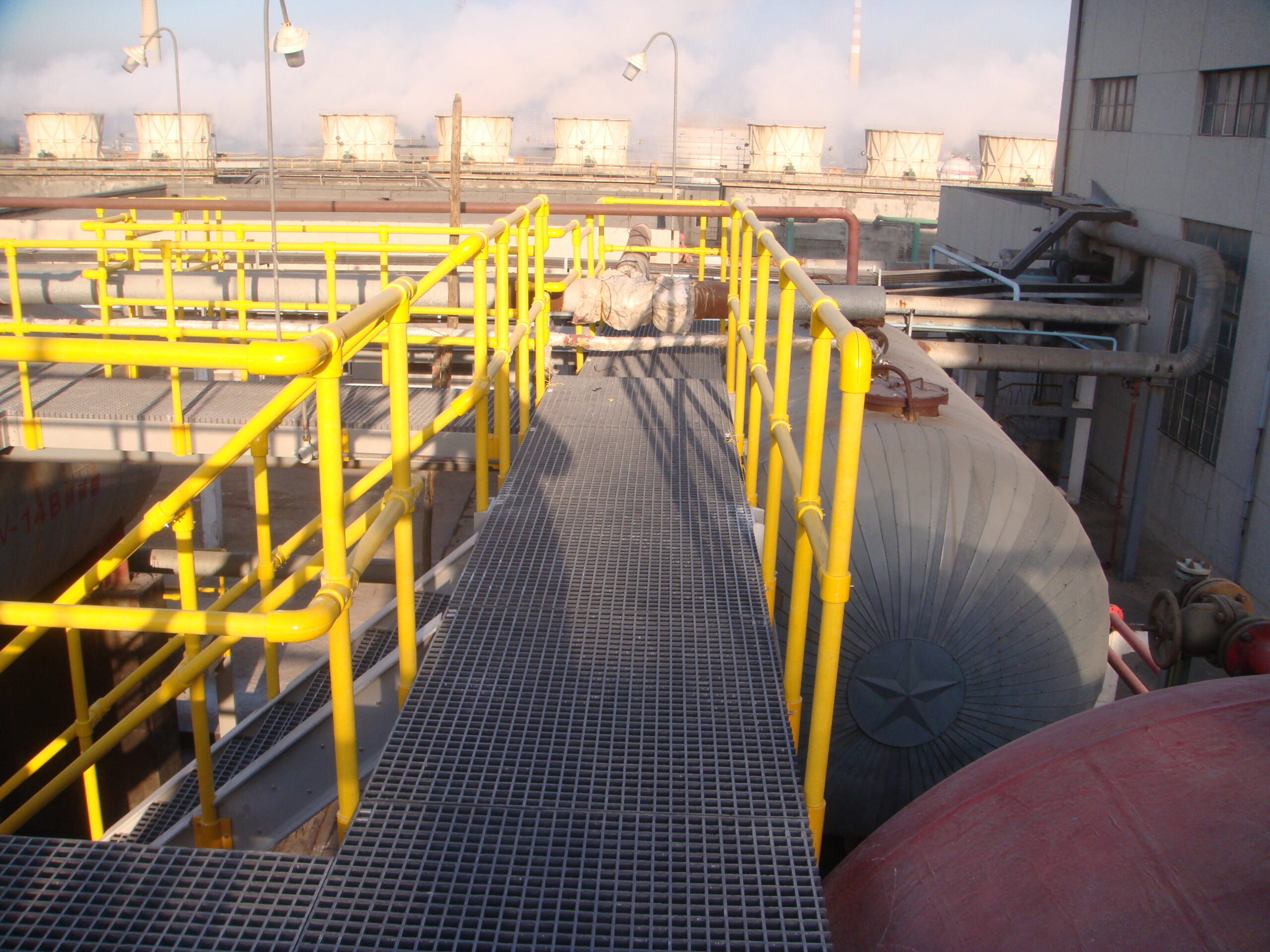How to Select the Right Resin: Advantages of Vinyl Ester, Isophthalic, and Orthophthalic Resins
Choosing the appropriate resin is paramount in ensuring the performance and longevity of your fiberglass products. The three most commonly used resins—Vinyl Ester, Isophthalic, and Orthophthalic—each offer unique advantages to meet different application needs.
Vinyl Ester resin stands out for its excellent chemical resistance and superior mechanical properties. It is ideal for high-corrosion environments, such as chemical storage tanks and industrial plants requiring long-term protection against acids and solvents.
Isophthalic resin offers improved chemical resistance and mechanical strength compared to Orthophthalic resin, making it suitable for medium-duty applications such as marine components, wastewater treatment, and general industrial use. It strikes a good balance between performance and cost.
Orthophthalic resin is the most cost-effective option, commonly used in less demanding environments. It works well for general-purpose applications where exposure to harsh chemicals is limited, such as basic construction and low-risk industrial products.
When selecting the right resin, consider the operating environment, exposure to chemicals, mechanical demands, and budget constraints. Consulting with a professional supplier ensures the resin selection aligns with your specific project requirements, guaranteeing durability and cost-effectiveness.



